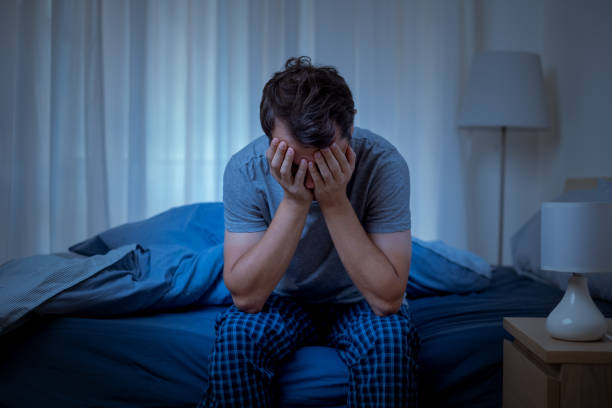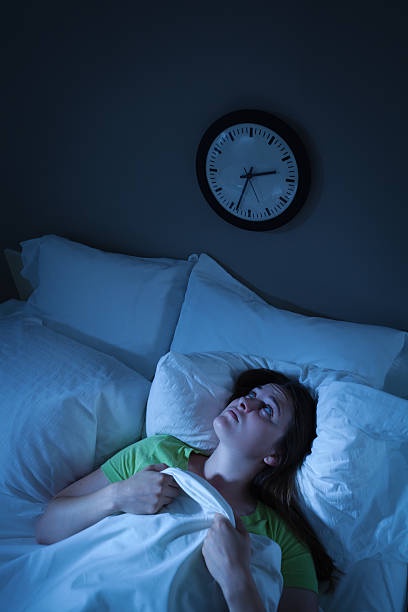Sleep is a fundamental aspect of human life, essential for overall health and well-being. However, for many individuals, the pursuit of a good night's sleep is often elusive due to various sleep disorders. The impact of these disorders extends beyond mere inconvenience, affecting physical and mental health, productivity, and overall quality of life. To address these issues, sleep disorder centers play a crucial role in diagnosing and treating sleep disorders.

Common Types of Sleep Disorders:
Insomnia:
Insomnia is perhaps the most prevalent sleep disorder, characterized by difficulty falling asleep or staying asleep. Stress, anxiety, and lifestyle factors often contribute to insomnia. These centers employ a comprehensive approach to identify the underlying causes, including psychological evaluations, sleep studies, and lifestyle assessments.
Sleep Apnea:
Sleep apnea is a serious disorder where breathing repeatedly stops and starts during sleep. Obstructive sleep apnea, the most common type, occurs when the muscles in the throat relax excessively. Central sleep apnea, less common, is caused by a failure of the brain to send the correct signals to the muscles to control breathing. They utilize polysomnography to diagnose sleep apnea and may recommend lifestyle changes, continuous positive airway pressure (CPAP) therapy, or surgical interventions.
Narcolepsy:
Narcolepsy is a neurological disorder that affects the control of sleep and wakefulness. Individuals with narcolepsy may experience sudden and uncontrollable episodes of sleep during the day. Sleep disorder centers employ multiple sleep latency tests (MSLT) to diagnose narcolepsy and may prescribe medications to manage symptoms and improve wakefulness.
Restless Legs Syndrome (RLS):
Restless Legs Syndrome is characterized by uncomfortable sensations in the legs, leading to an irresistible urge to move them. Symptoms often worsen during periods of inactivity or at night, disrupting sleep. Sleep disorder centers may recommend lifestyle changes, medications, or other interventions to alleviate RLS symptoms.
Parasomnias:
Parasomnias encompass abnormal behaviors that occur during sleep, such as sleepwalking, night terrors, and REM sleep behavior disorder. Sleep disorder centers conduct thorough evaluations, including sleep studies and medical history assessments, to identify and address the underlying causes of these disruptive behaviors.
Common Causes of Sleep Disorders:
Stress and Anxiety:
High levels of stress and anxiety can significantly impact sleep quality. Sleep disorder centers often incorporate cognitive-behavioral therapy (CBT) to address the psychological factors contributing to sleep disorders.
Poor Sleep Hygiene:
Inconsistent sleep schedules, excessive use of electronic devices before bedtime, and a lack of a conducive sleep environment can contribute to sleep disorders. Sleep disorder centers educate individuals on proper sleep hygiene practices to improve sleep quality.
Medical Conditions:
Chronic medical conditions such as asthma, arthritis, and neurological disorders can disrupt sleep. Sleep disorder centers collaborate with healthcare professionals to manage underlying medical issues and improve sleep outcomes.
Medications:
Certain medications, including antidepressants, antihypertensives, and corticosteroids, may have side effects that interfere with sleep. Sleep disorder centers work closely with healthcare providers to adjust medication regimens when necessary.

Conclusion:
In conclusion, sleep disorders are pervasive and can have profound effects on an individual's life. Sleep disorder centers play a crucial role in diagnosing and treating these conditions, offering specialized care to address the diverse range of sleep disorders. By understanding the common types and causes of sleep disorders, individuals can seek timely intervention and regain control over their sleep patterns. The interdisciplinary approach adopted by these centers, involving medical professionals, psychologists, and sleep technologists, ensures a comprehensive and personalized approach to managing sleep disorders. As awareness grows and the importance of sleep health becomes more apparent, the role of these centers in promoting overall well-being becomes increasingly significant.


No comments yet